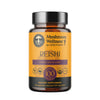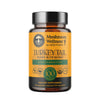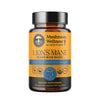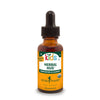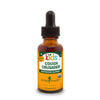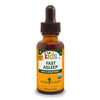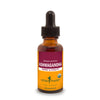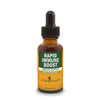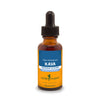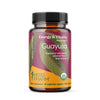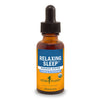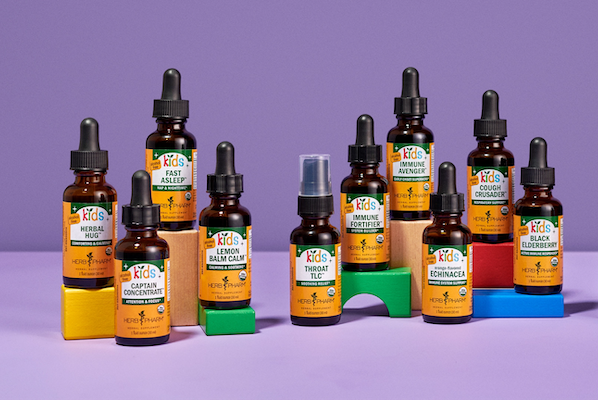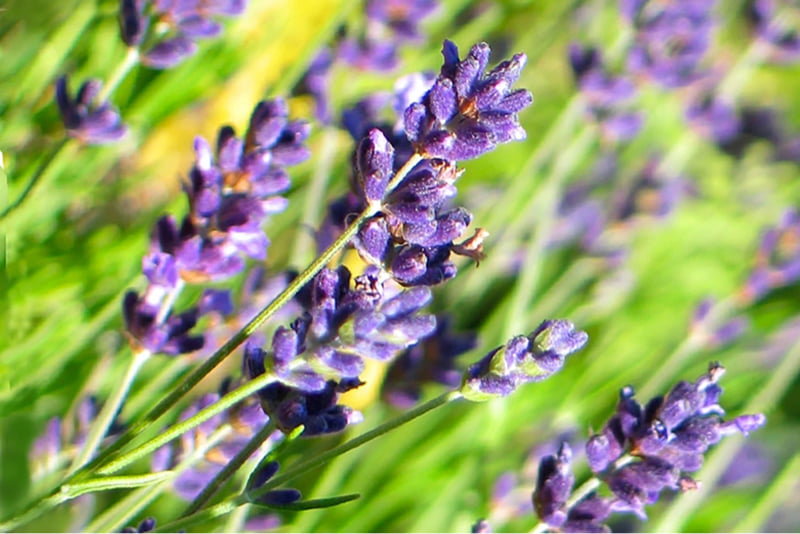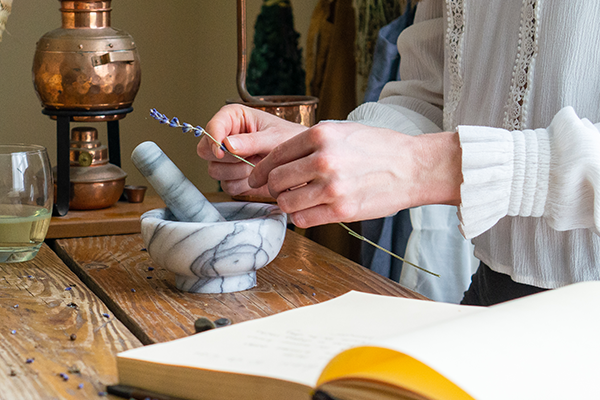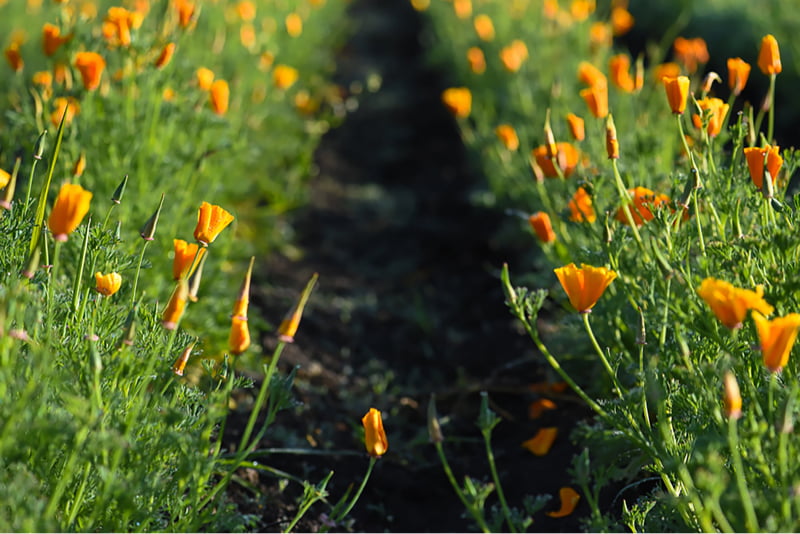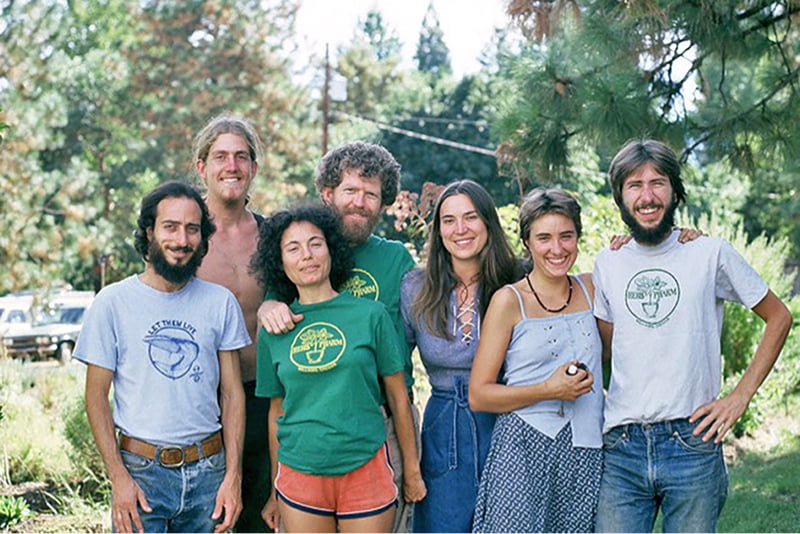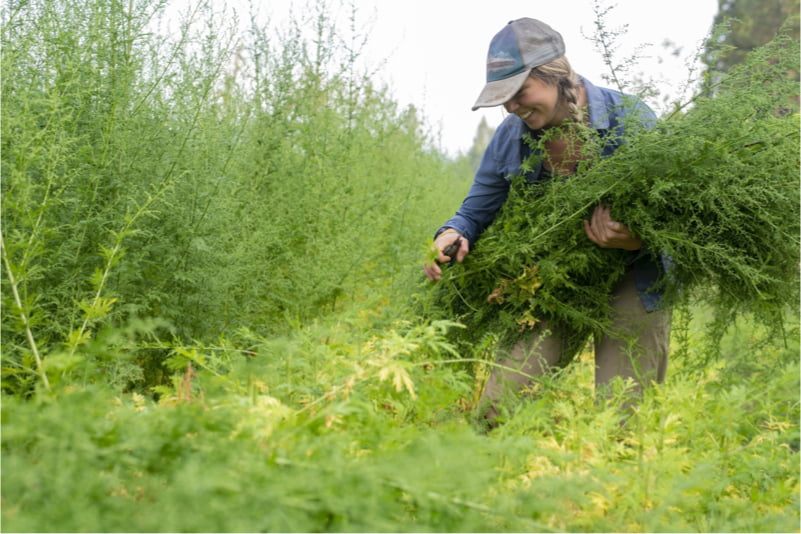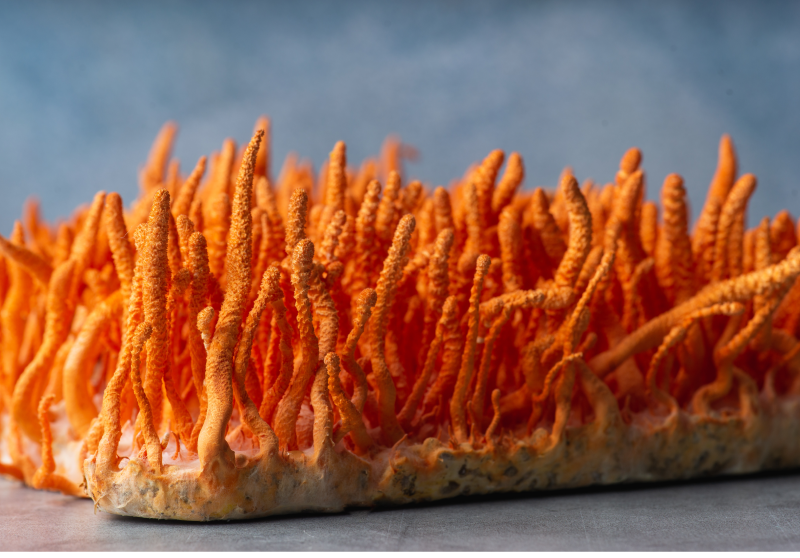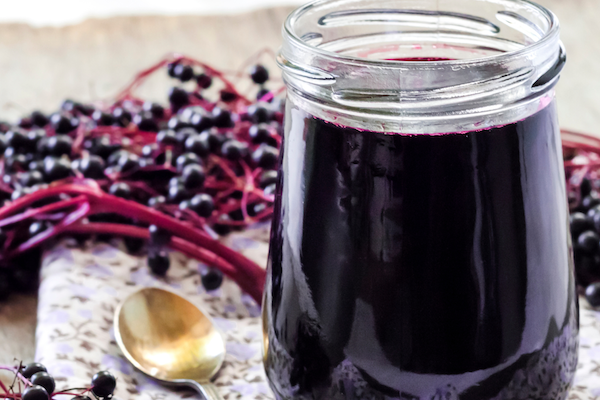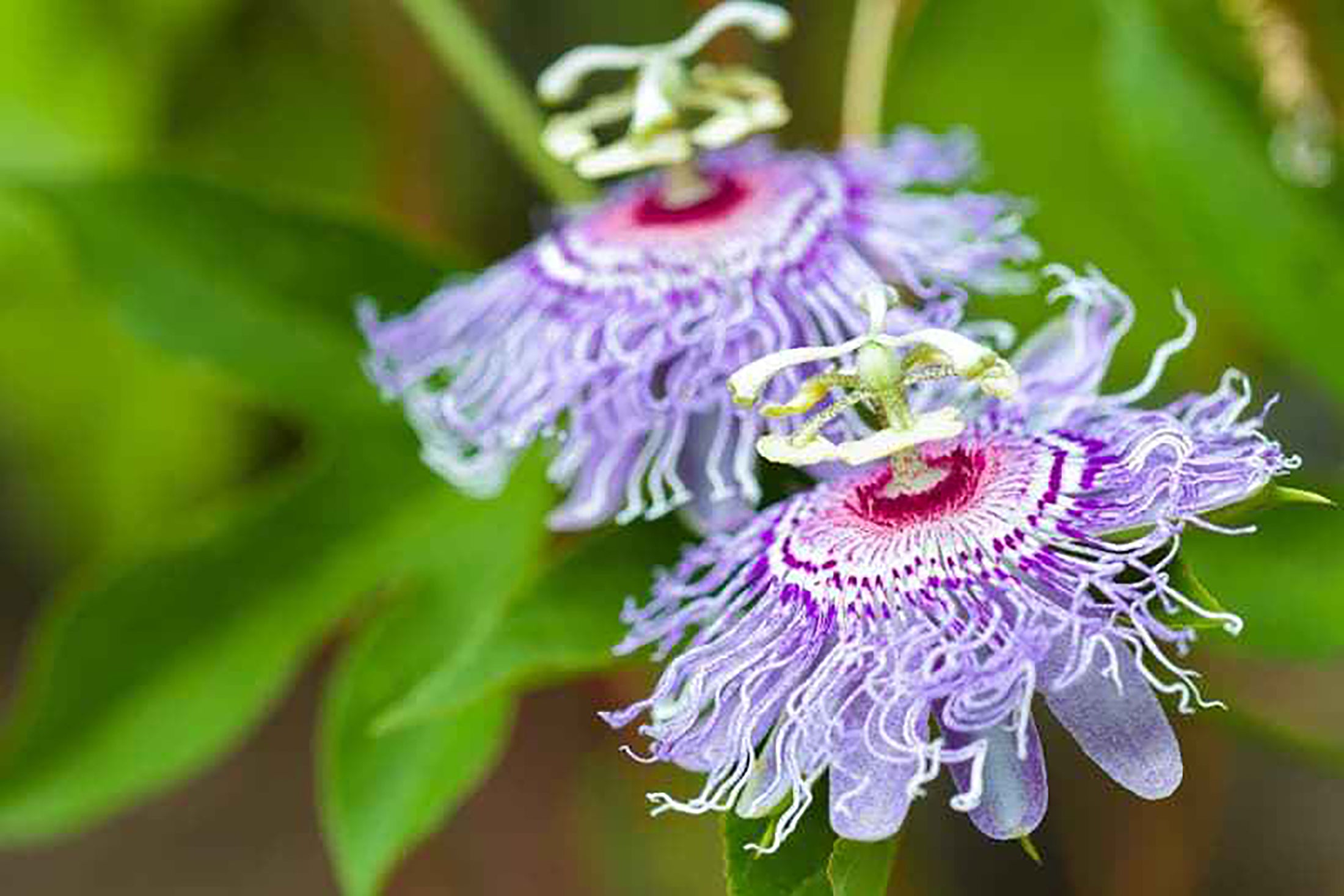We love talking about herbs and herbalism, and we especially love answering your questions about those
topics. That's why we brought in our team of herbal experts to respond to some of the most common questions
and concerns we hear.
Our herbalists have decades of combined experience working with herbs — and the people who take them. They
answer your most pressing questions, in our regular column “Ask an
Herbalist.”
What's the difference between homeopathy and herbalism?
Herbalism and homeopathy are both alternative modalities that can use plants in their preparations. However,
there are some very distinct differences between the two.
About Herbalism
Herbalism is the use of plants, lichens, algae and fungi to affect the body. It evolved from the earliest
human times all over the world, including in Asia, Europe and the Americas. The earliest mentions of herbal
knowledge were found on clay tablets written around 3000 B.C. by the Sumerians in ancient Mesopotamia (now
Iraq).
In China, the Shennong Ben Cao Jing (also known as the “classic of herbalism”) was recorded in China between
200 and 250 A.D, at the same time the groundwork was being laid for Ayurveda in what is now Pakistan. Some
centuries later, in 1500 B.C., the ancient Egyptians wrote about using plants in herbalism on scrolls called
the Ebers Papyrus.
In each location, herbalism developed into distinct styles and beliefs across cultures and times, such as
Traditional Chinese Herbalism, Ayurveda, Native American Herbalism and Traditional Western Herbalism.
Starting in the 1800s, herbalism progressed into various schools of thought, such as the Galenic four humors
and Thomsonianism four elements, the Doctrine of Signatures, Eclecticism, phytotherapy and folk herbalism.
Herbalism uses various preparations, such as
tinctures, teas, powders, essential oils, mels (herb-infused honeys), herbal vinegars, elixirs and numerous
topical forms. The overarching characteristic shared by all of these is that they contain physiologically
active amounts of the herbs used to make them.
About Homeopathy
Homeopathy is a modality that was developed in the late 1700s in Germany by Dr. Samuel Hahnemann. It is based
on the principle of similars, believed to have been originally stated by Hippocrates in the fourth century
B.C. This is actually the root of the word homeopathy, with “homeo” meaning “similar” and “pathos” meaning
“disease.” Homeopathic remedies usually consist of minute doses of materials that, if taken in a
physiological dose, would create the same symptoms as the disease. It uses a “less is more” philosophy where
the more dilute the remedy, the stronger its effect. Even today, homeopathy uses highly diluted substances
of natural origin for its remedies.
Homeopathic preparations use herbs like Arnica (Arnica montana) and Poison Ivy (Toxicodendron radicans) but
also minerals like phosphorus and animal products such as snake venom (Lachesis mutus). The preparations are
made into infinitesimal dilutions, so that very few if any molecules of the original substance remain. These
are then are made into topical applications, tinctures or sugar pellets to be dissolved under the tongue.
Summary
The main difference between the two modalities is that in herbalism, the preparations rely on a response to
the phytochemicals the herbs contain. These phytochemicals are present at physiological levels and are thus
detectable in herbal preparations. In homeopathic preparations, the materials are diluted many times, so
much so that only a minute amount of the original substance remains, if any.
In regulatory terms, the U.S. Food and Drug Administration deems herbs to be dietary supplements, whereas
homeopathics are regarded as drug products.
